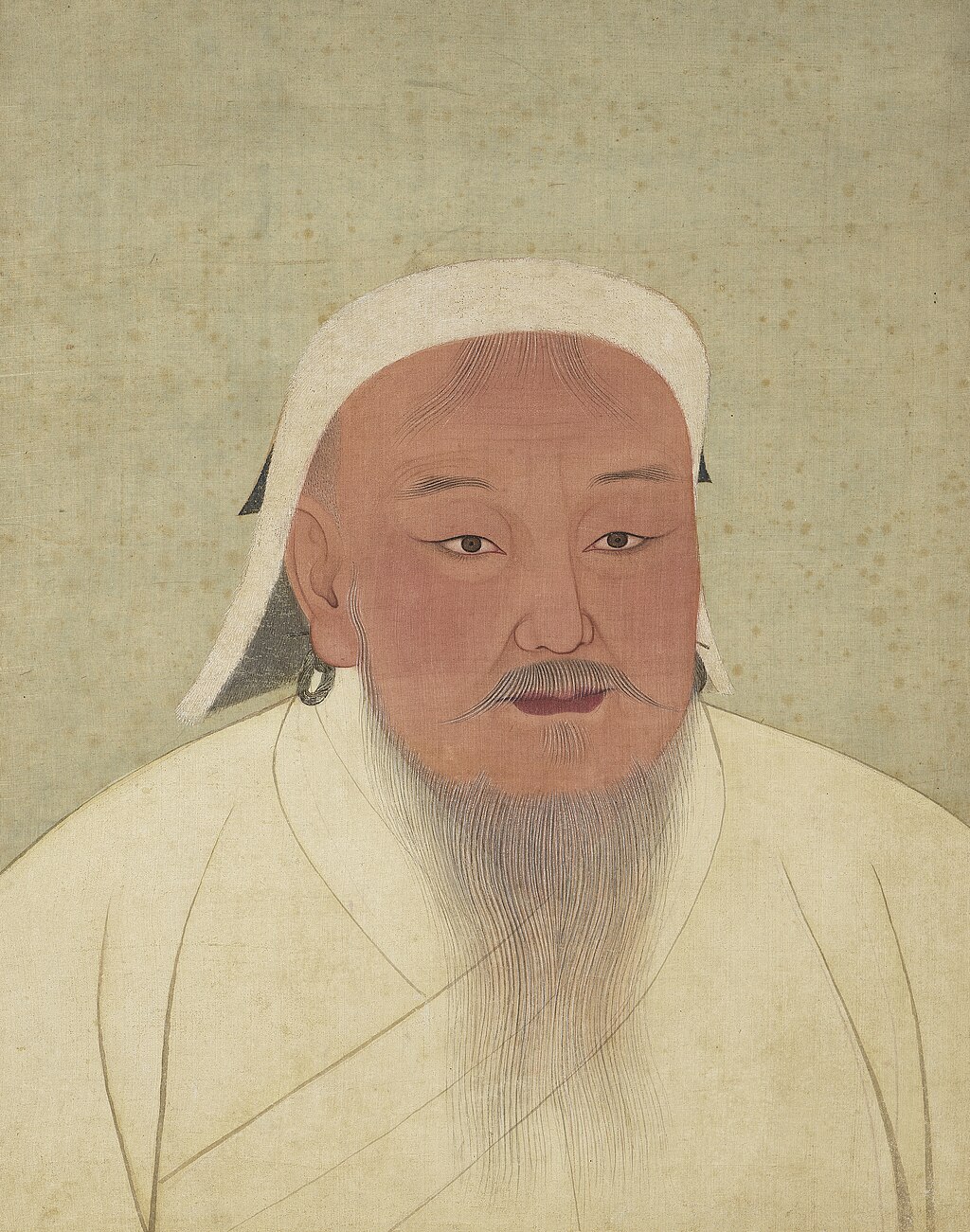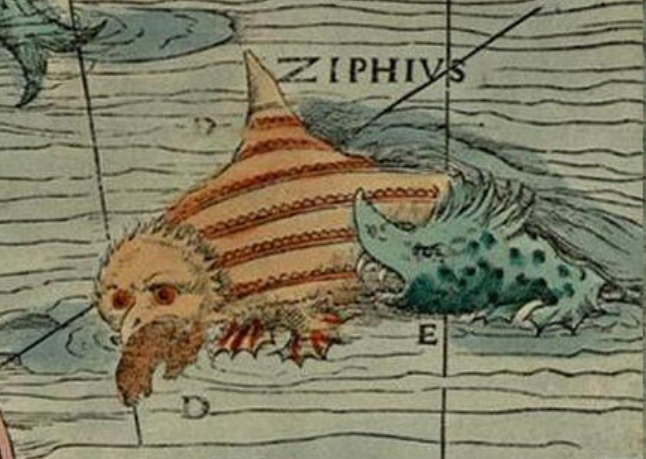Genghis Khan

Genghis Khan (born Temüjin around 1162, died August 1227), also known as Chinggis Khan, founded and became the first khan of the Mongol Empire after uniting the Mongol tribes and conquering vast territories across China and Central Asia. The eldest son of Mongol chieftain Yesugei, Temüjin overcame early hardship after his father's death, including killing his half-brother to secure his position and having his wife Börte kidnapped. His rise to power involved complex alliances and conflicts with steppe leaders like Jamukha and Toghrul, culminating in his emergence as the sole ruler of the Mongolian steppe.
After formally adopting the title "Genghis Khan" in 1206, he transformed the Mongols' tribal structure into a meritocratic system, then embarked on conquests of the Western Xia, Jin dynasty, and Khwarazmian Empire. Genghis was a complex figure—loyal to followers yet ruthless to enemies—who believed the deity Tengri had destined him for world domination. Though his campaigns caused millions of deaths, they also facilitated unprecedented cultural and commercial exchange.
His legacy varies dramatically across cultures, from being viewed as a savage tyrant in Russia and the Arab world to being revered as Mongolia's founding father, with Western scholarship recently reassessing previous characterizations of him as merely a barbarian warlord.


